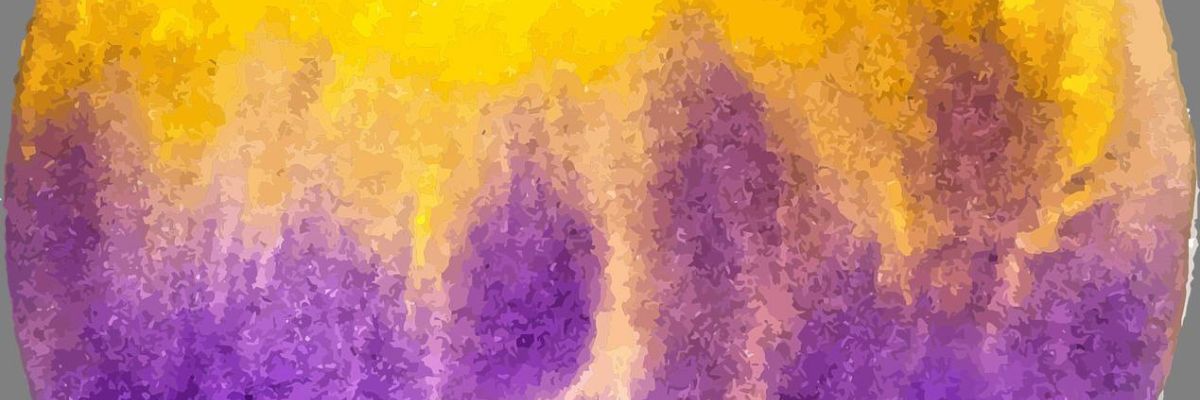
Synergies: Lithuania is the first to transfer funds from the regional development fund to Horizon Europe
Fri Jun 30 12:41:03 CEST 2023
One of the instruments of synergical financing is the transfer of funds from the European Regional Development Fund (ERDF) to the Horizon Europe program. Lithuania overtook Malta to become the first country to try this mechanism.
The Guide to Synergies between ERDF and Horizon Europe, published by the European Commission in November 2022, states as one of the possibilities of synergistic financing the situation where "a Member State requests the transfer of up to 5% of its resources from a jointly managed fund to any other fund(s) or instrument ( instruments) of the EU under direct or indirect management". Such a transfer strengthens the participation of regions or Member States that traditionally have low participation and success in the competition for HE funding. However, it can only be used for future calls and only for individual researchers, so applications involving consortia are off the table. The transferred resources must be used for the benefit of the member state in question and even a territory or region that can benefit from this project can be clearly defined (Guide to synergy, p.14-15).
The Lithuanian government has thus agreed to move €18.5 million of its ERDF money into a new fund that will support Horizon Europe applicants whose proposals are excellent but who do not achieve final success. Beneficiaries will thus be subjected to the same process of submitting project applications, evaluation and monitoring by the EC as usual recipients of funding from HE.
The aim of this transfer, which is administratively demanding and involves several ministries and EC Directorates General (Regio and Research DGs), is to enable experience in project management within the Horizon Europe programme. As Brigita Serafinavičiūtė, research attaché at the Lithuanian Permanent Representation to the EU, states, "Once you do one [Horizon Europe] project, you change your thinking and realize that you can do it again."
As Science/Business points out, the disadvantage or limitation of such a transfer is that it is intended only for individual recipients. Lithuania therefore decided to use this opportunity to support applicants for "Marie Curie-Skłodowska" action grants, European Research Council (ERC) grants and European Innovation Council (EIC) grants. Of the total €18.5 million, €12.5 million from the ERDF will go to EIC grants, including the ERI Accelerator, EIC Transition and EIC Pathfinder calls, and the remaining €6 million to ERC applicants and the "Marie Curie-Skłodowska" action.
Malta's National Contact Person (NCP) for Widening the Country, ERA, Health and Research Infrastructures in Malta stated that the transfer is too complex to balance the benefits as it is so far only applicable to a limited number of funding schemes such as EIC Accelerator and ERC Proof of Concept , and would welcome the extension of funding to projects that receive the so-called seal of excellence (Seal of Excellence).
Photo: pixabay